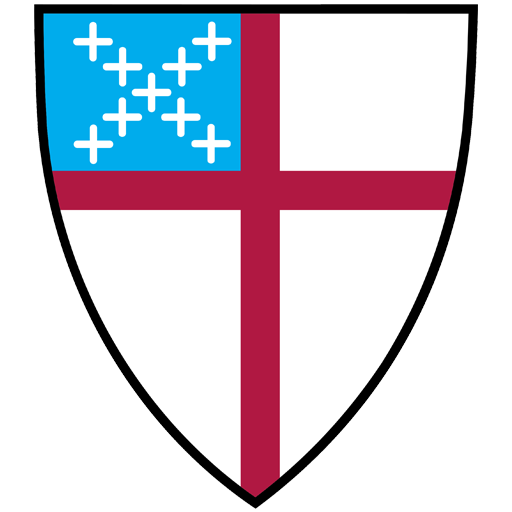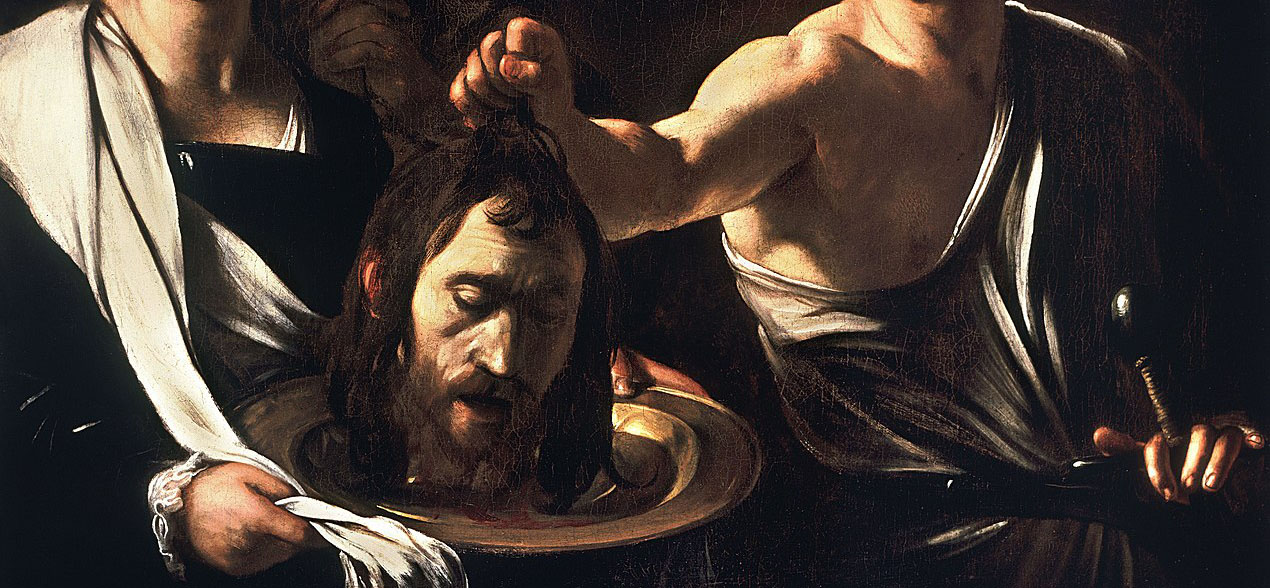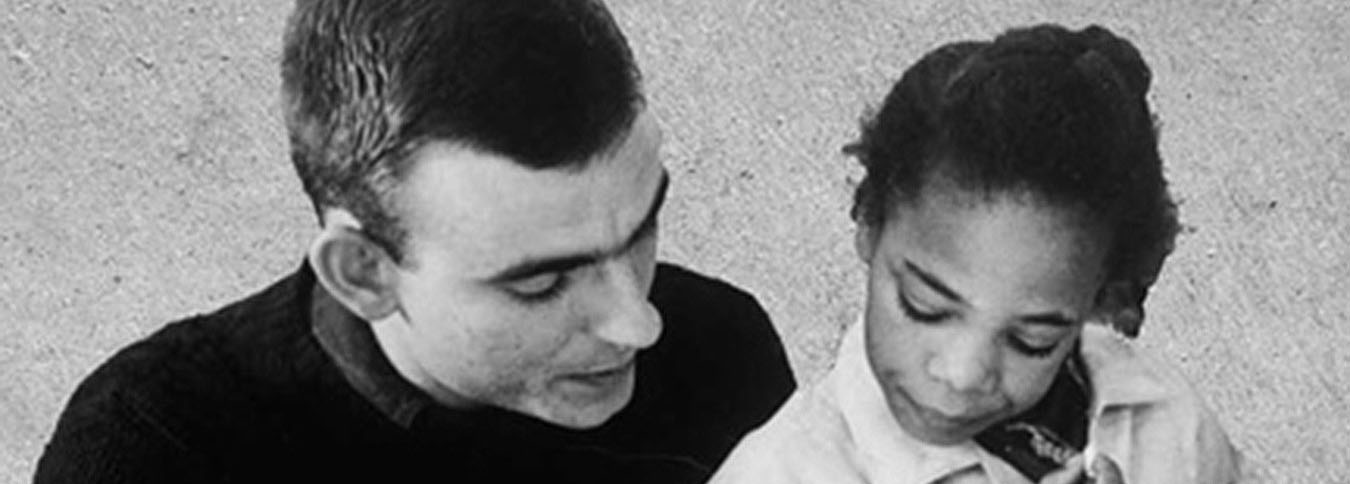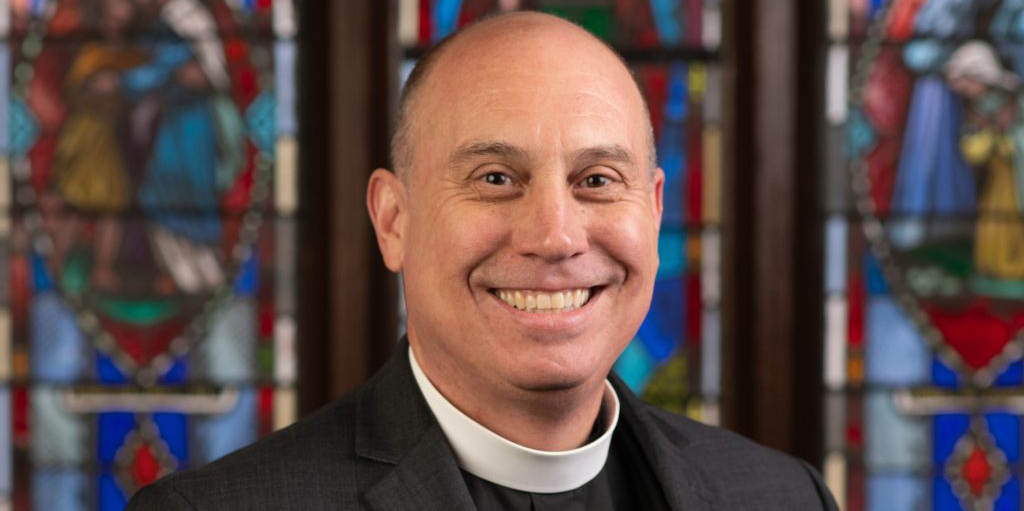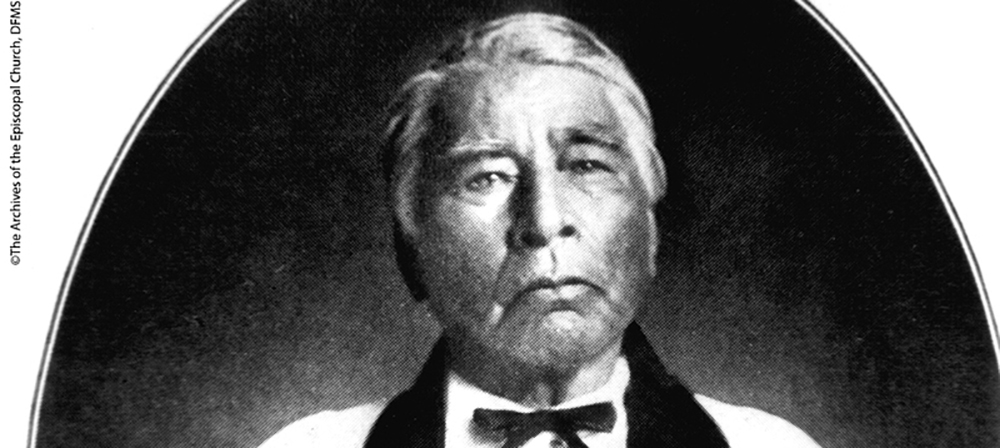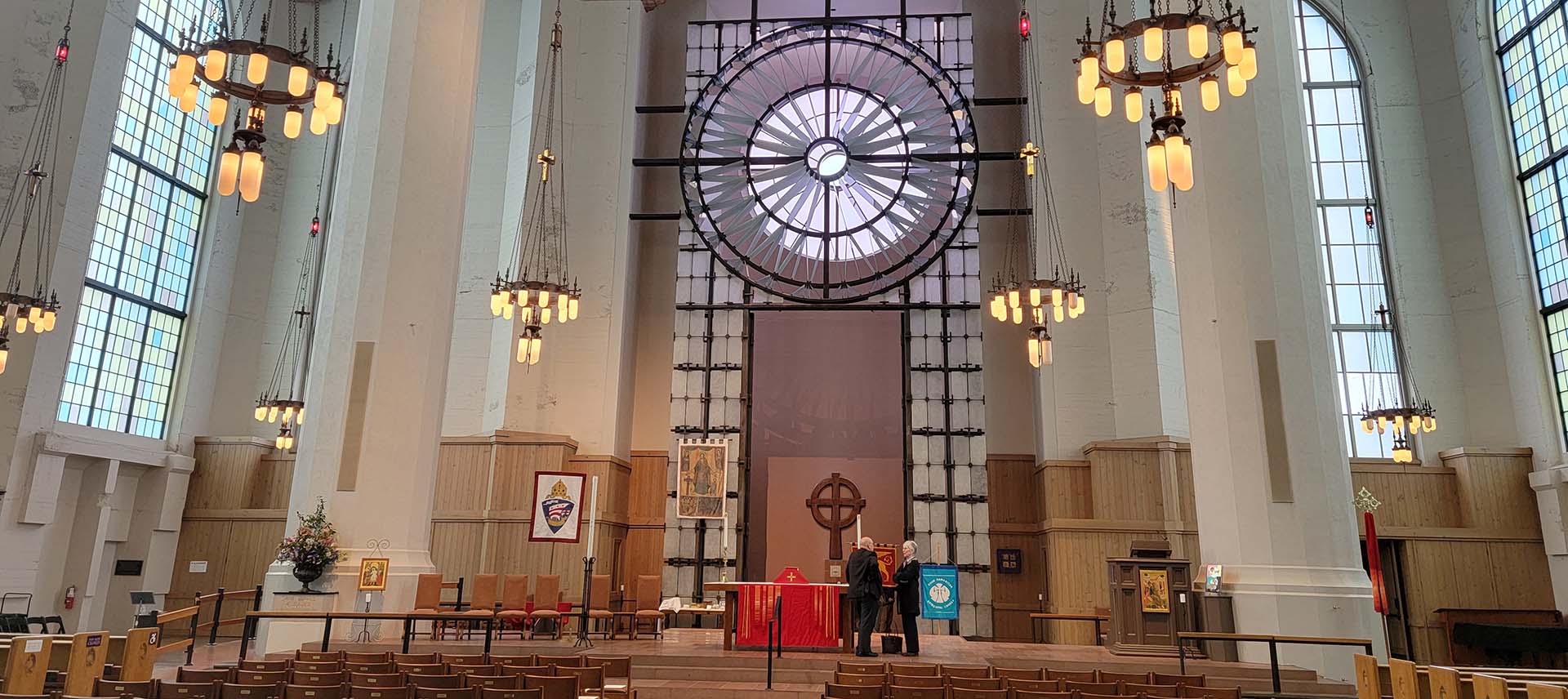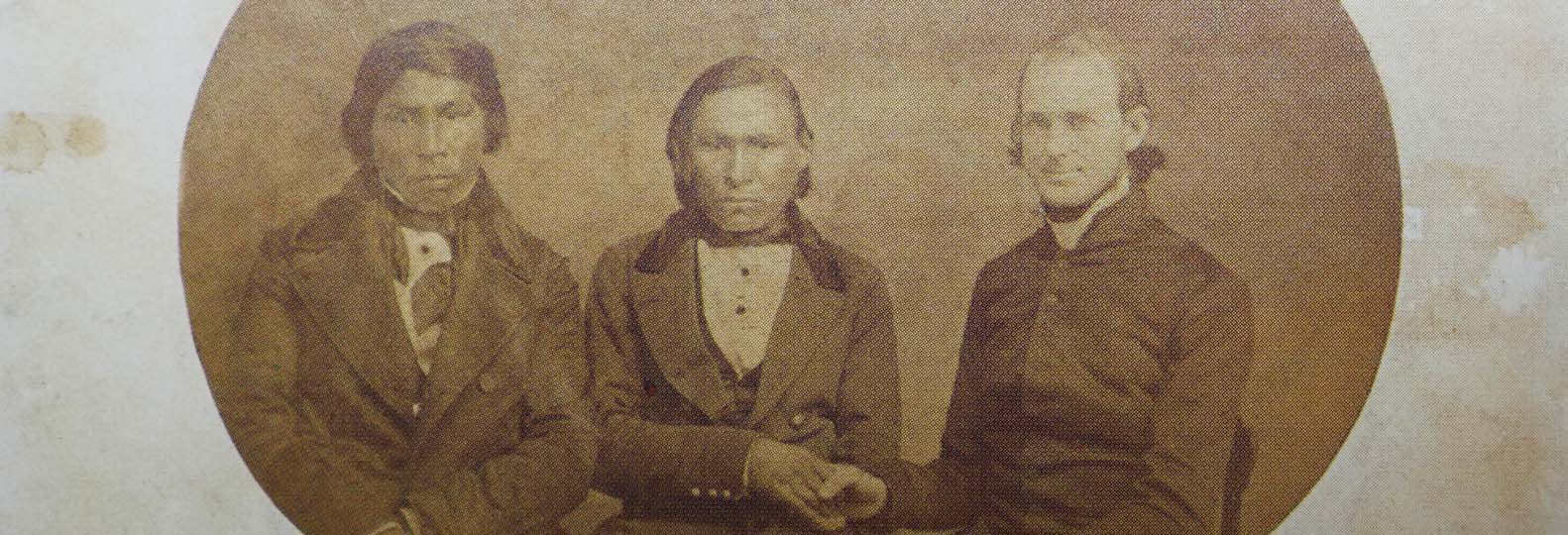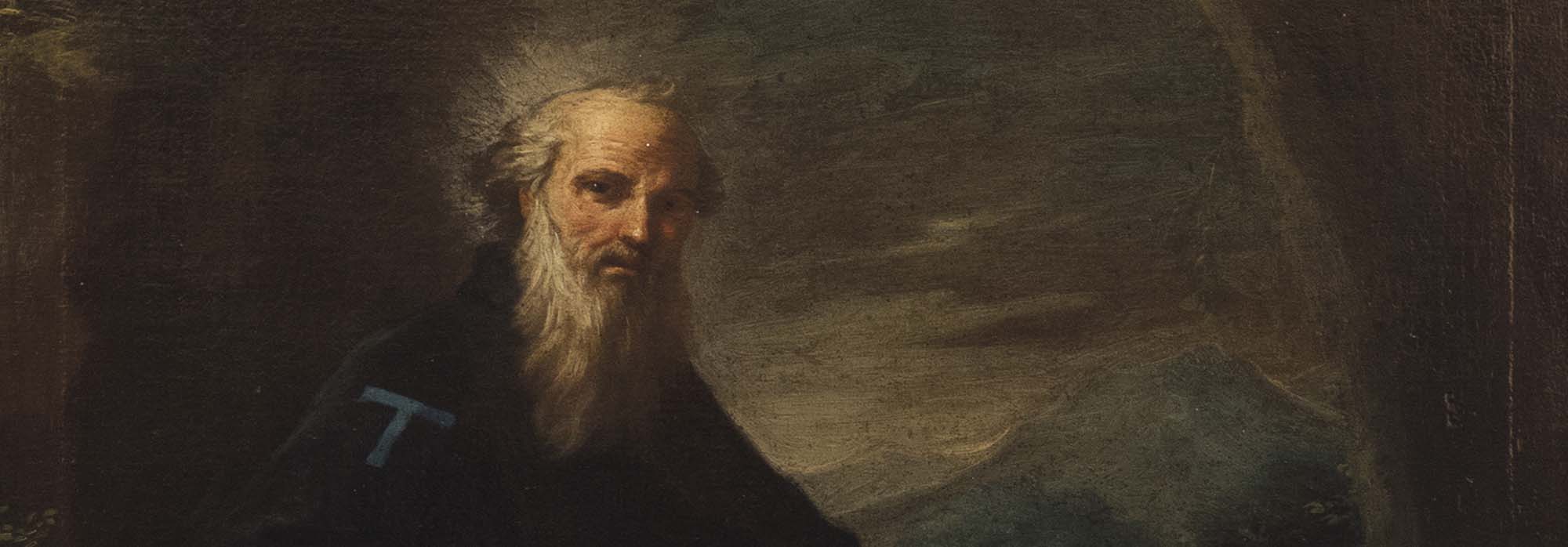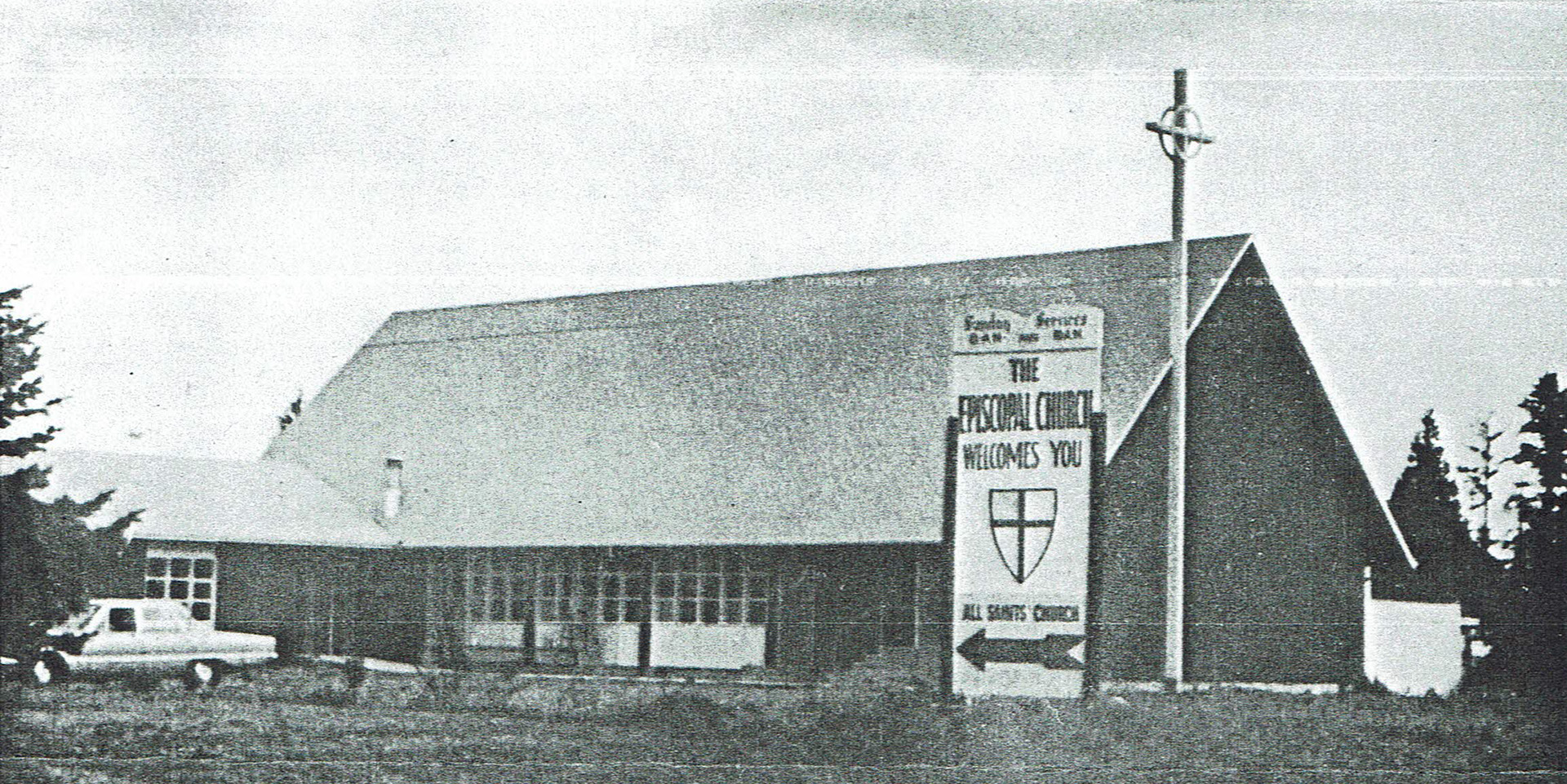Father Jim’s Reflections, August 2024
Recently I preached on Herod’s killing of John the Baptist, an act of political violence that remains with us 2,000 years later. That same Sunday we were reminded that political violence continues to be an issue here with the attempted assassination of Donald Trump and the murder of at least one person attending the rally. The implications of this act continue to resonate through our society as I write this.
